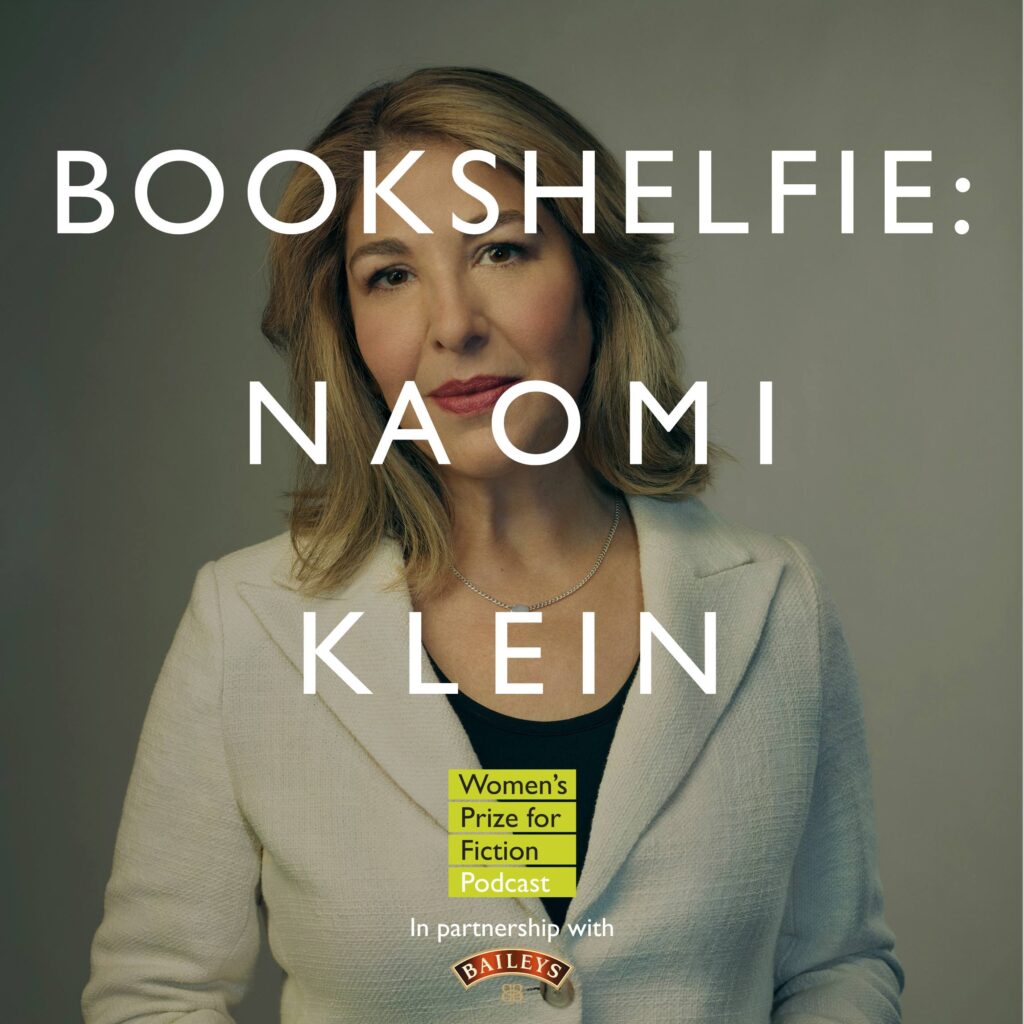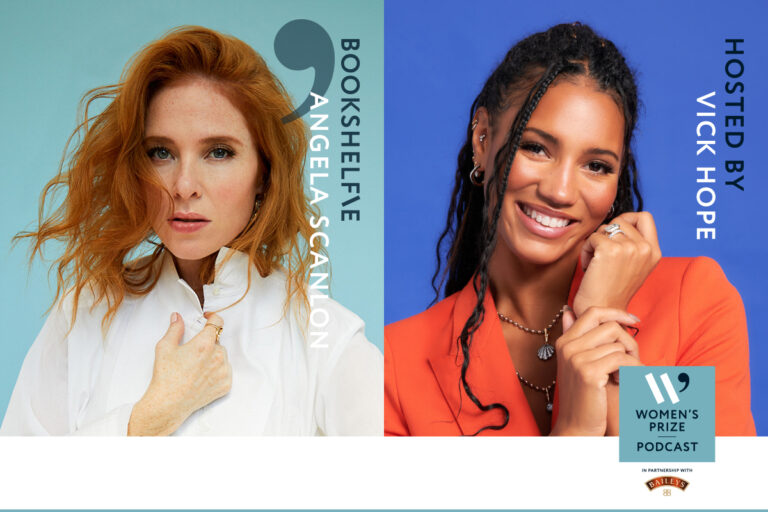We head to Cananda for this weeks Bookshelfie episode as Vick is joined by author, activist and filmmaker Naomi Klein. Ranging from a young girl’s diary to a scientist trying to find a new theory of time, to female doppelgängers, Naomi’s book choices cover a wide range of fiction, fantasy and female identity.
Check out the full episode here.
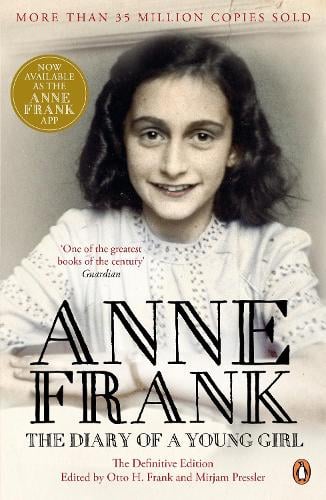
“I was younger than her, but I definitely identified with her probably because Montreal girls were precocious. I didn’t realise at the time, that she seems to have known that she was not just writing for herself that she was reading something that that might be read by others that it would be a testament. But the ability to capture that feeling of claustrophobia was so extraordinary. I mean, what a gifted writer…It captured that loneliness and it turned me into a mad diarist. You know, after that I was was off to the races, it definitely turned me into a writer and I filled many, many journals.”
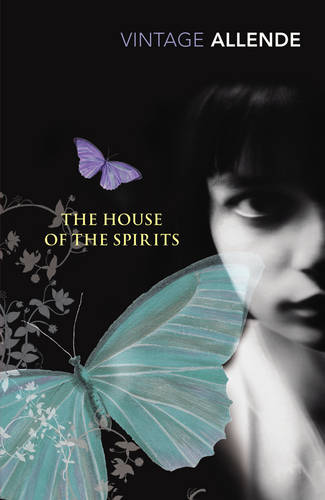
“I was 15 or 16 and it just blew my mind because I’ve never read any magical realism before. Talk about travel, oh, I felt like I was there. I loved the idea of the dead being so present being characters in the book, right. And it sent me down a whole rabbit hole of [Gabriel García] Márquez and I wanted more and more and more. I didn’t want to read straight fiction after that. I wanted magic.”
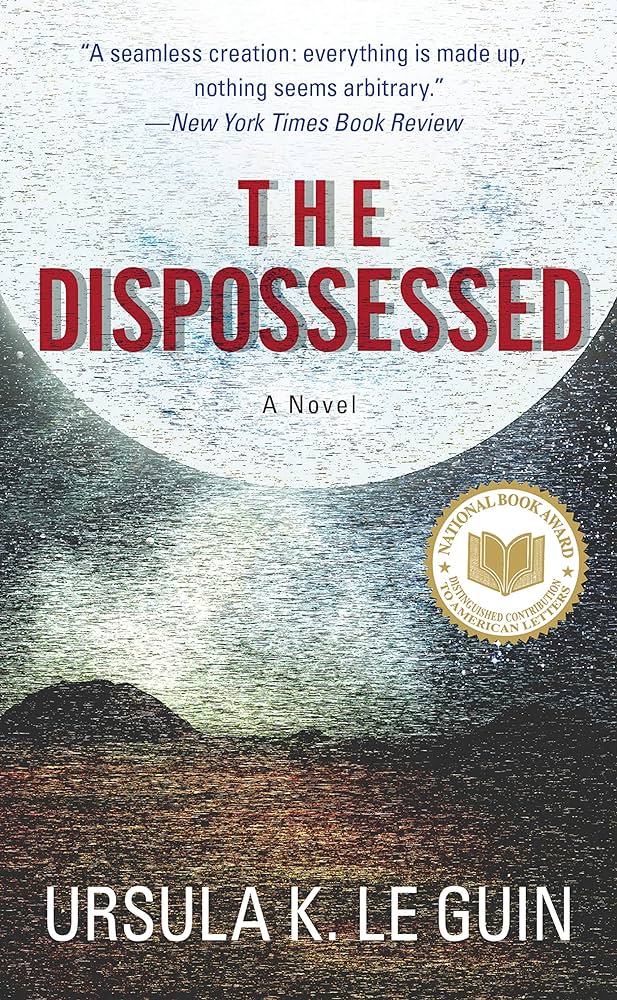
“It’s this amazing utopian science fiction, troubled utopia, not rosy utopia, complicated utopia. And it was interesting because Le Guin, who I love, said that she wrote it in the early 70s. And she had been part of the anti Vietnam War movement. And it had also been in this space of you know, no war. We don’t want that. And wanting to as she said, she wanted to study peace because she didn’t just want to stay in the rejection of war, what does it mean to create a peaceful society, a society that doesn’t need to go to war all the time? I had also heard from a lot of people in the movement that this was kind of their Bible that this book laid out the world that they actually wanted. And yeah, it had a big effect on me.”
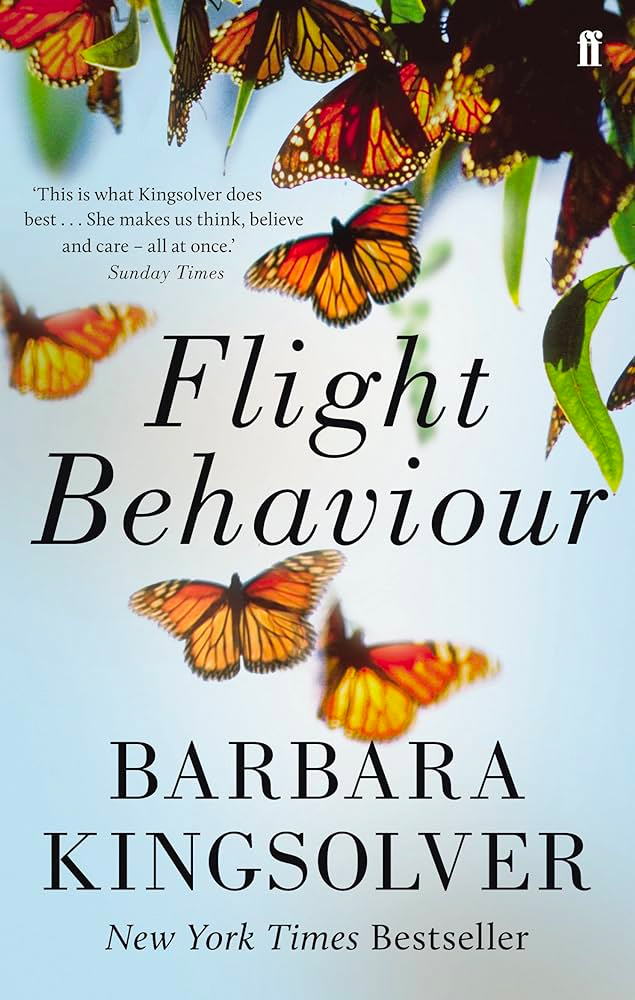
“Flight Behaviour, that’s an example of how sometimes I use fiction as a companion to my non-fiction. So when I was writing my first book about climate change, I read Fight Behaviour. And I really do believe it is one of the best books about climate change period, not just fiction, non-fiction as well. Because that’s one of the things that Barbara does so well is she doesn’t hide the fact that she has something of an agenda with these books, and it doesn’t come at the expense of story and these incredible characters, but she puts her ideas in their mouths, you know, there’s an incredible scientist in the book who just could be speaking on behalf of every pissed off scientist everywhere.”
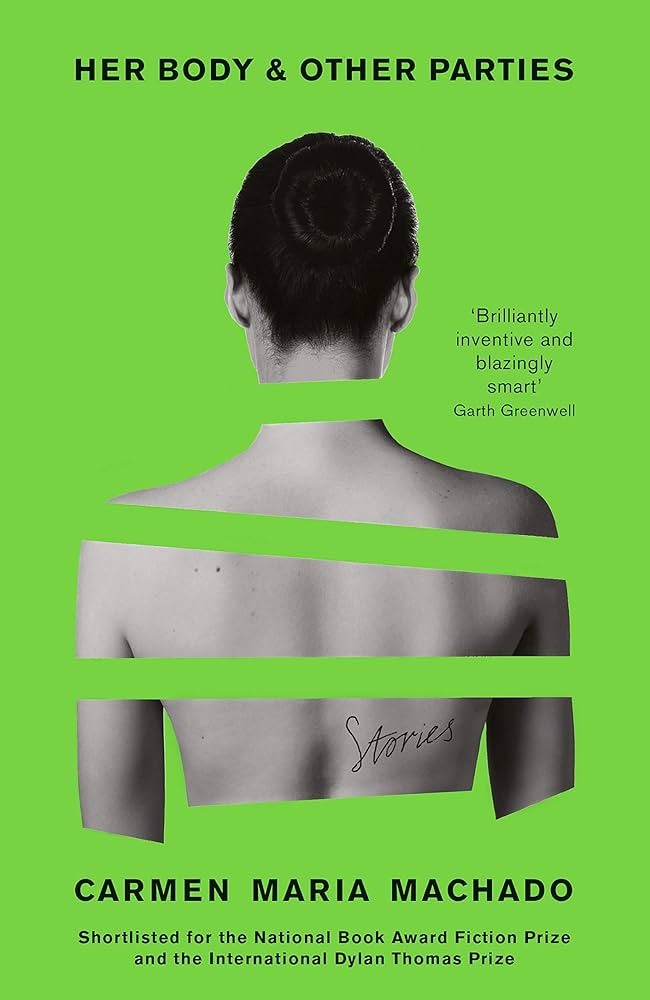
“I mean, this the whole collection is is incredible but I wanted to talk about Eight Bytes, because for Doppelgänger. I did a deep dive into the history of the figure of the doppelgänger which is so persistent in in literature back to mythology, the figure of the twin, the shadow self…But I was frustrated in my deep dive into doppelgänger literature that there are some women who have written doppelgänger novels, but it is a very male genre. And I think in part because it you know, the doppelgänger is the threat to the ego, right? So there’s Deus de ASCII, there’s Edgar Allan Poe, there’s a lot of Philip Roth, but I wanted to find more women’s voices who are thinking about doubling.”
